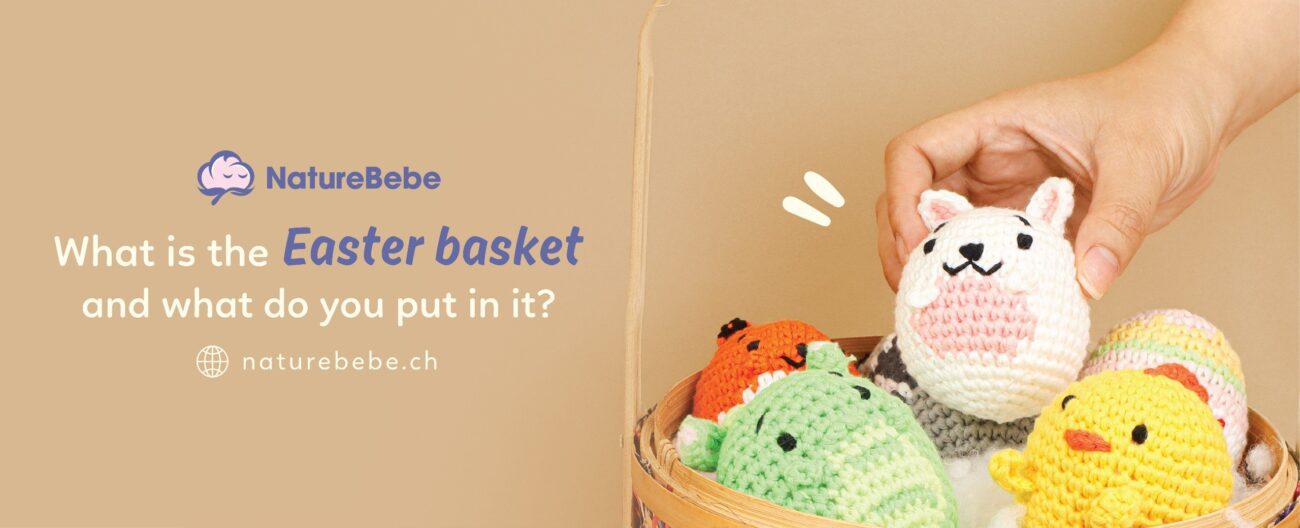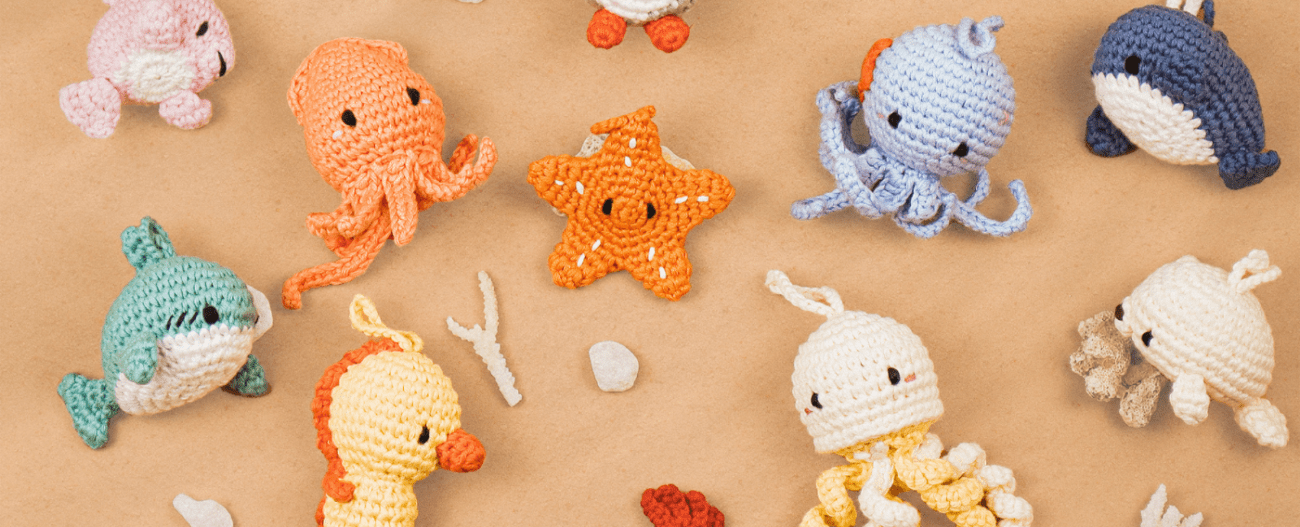As you are getting to know more about organic cotton, you might be wondering: “Why should we use it?”. Designed for parents seeking sustainable choices for their little ones, this guide explores the myriad benefits of organic cotton in baby toys and clothing.
We all have been there
Being as a parent, we all want to provide the best for our little ones—a desire often hindered by the uncertainty surrounding conventional products.
The organic cotton industry stands as a beacon of hope, promising a safer, more sustainable alternative. However, embracing organic cotton is not without its obstacles. From concerns about potential chemical exposure in traditional toys and clothing to the myth of organic options being financially out of reach, parents face countless doubts in their pursuit of the best for their babies.
Therefore, we’ll now delve into the multifaceted benefits of organic cotton, addressing the very concerns that may be holding parents back. From unraveling the environmental, health advantages to societal benefits, we aim to enable parents with the knowledge needed to make informed and confident choices.

What is organic cotton?
Organic cotton is in fact a natural and biodegradable fabric, offering a sustainable alternative to conventional cotton, which is the most commonly used natural fiber crop worldwide.
In essence, organic cotton serves as an eco-friendly ‘like-for-like’ substitute for traditional cotton, aligning with the growing demand for environmentally conscious choices in the fashion industry.
Its popularity in eco-fashion circles stems from its dedication to reducing environmental impact and fostering ethical practices throughout the supply chain. As the pioneer in mainstream eco-fabrics, organic cotton continues to set the standard for sustainable textiles, proving that fashion can coexist harmoniously with ecological responsibility.
The Vast Benefits of Organic Cotton
#1. Environmental Sustainability
What distinguishes organic cotton is its cultivation and production process that avoids the use of toxic chemicals, pesticides, and genetically modified organisms.
Organic cotton focus on building ecosystem health and reducing the use of pesticides and genetically modified organisms (GMOs), resulting in minimal soil and water contamination. This approach fosters biodiversity, embracing natural pest control methods and preserving ecosystems. Research by Dalgaard et al. (2018) found that organic cotton farming has a lower environmental impact compared to conventional cotton farming.
This commitment to chemical-free farming not only promotes healthier ecosystems but also ensures a safer and more wholesome fabric for clothing and textiles.
#2. Health-conscious Choices
This superior alternative to conventionally grown cotton not only shields you from the potential harm of pesticides and chemicals but also champions sustainable farming practices. Free from the irritants commonly found in non-organic textiles, organic cotton proves to be a gentle, breathable companion for those with sensitive skin, offering a luxurious feel that enhances comfort without compromising on style.
#3. Ethical Impacts
The ethical dimensions of organic cotton extend far beyond the fields, creating positive social impacts that resonate within local communities. By giving up costly chemical inputs and embracing traditional farming techniques, farmers find a path to self-sufficiency. Organic farming allows communities to utilize their traditional knowledge and resources for cultivating robust crops, nurturing both the local community and the health of the Earth.
Organic cotton farming becomes a vehicle for empowering women, involving them in every facet of the production process—from planting and harvesting to processing and marketing. This active engagement not only elevates the role of women in local economies but also fosters a sense of autonomy, independence, community resilience, and gender inclusivity that goes beyond the fabric itself, weaving positive change within the intricate threads of society.
#4. Economic Advantages
Beyond personal benefits, choosing organic cotton supports local farmers and rural communities. By opting for organic cotton products, you contribute to the livelihoods of farmers working towards sustainable and healthy agricultural practices, fostering economic growth in local areas. It’s a simple yet impactful choice that aligns comfort with a commitment to local economies and sustainable agriculture.
#5. Superior Quality and Durability
Organic cotton is a wise investment, offering durability and breathability suitable for both everyday wear and sportswear. Its prolonged lifespan makes it a profitable choice, while its breathability adds comfort for various activities and work environments.
Conclusion
Having understood the multifaceted benefits of organic cotton, you’re not just making a choice for your baby’s comfort but also contributing to a sustainable, ethical, and healthier beginning.
From NatureBebe collection, we have a reliable source for high-quality organic cotton baby toys, embodying the essence of conscious parenting. Choose organic and make a difference, one toy at a time.














This is such an important reminder and one that I needed to hear today Thank you for always providing timely and relevant content